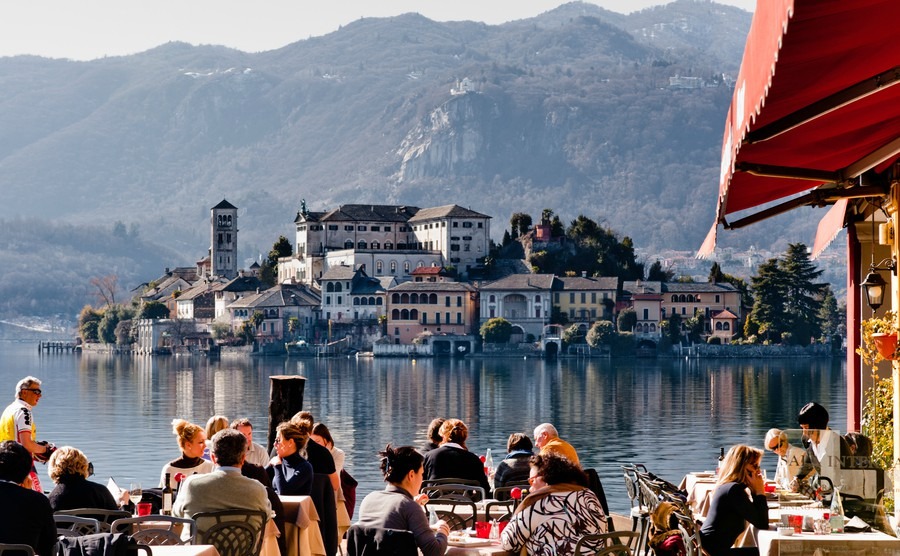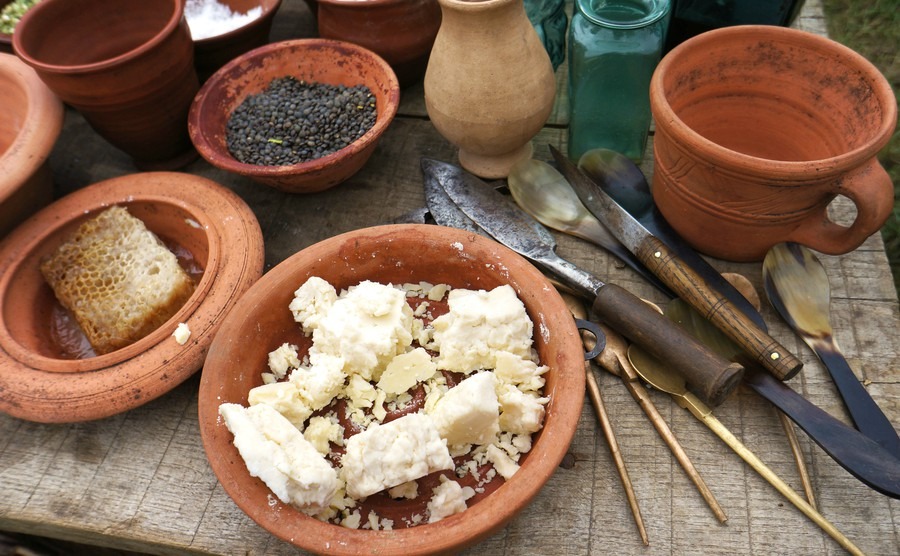The way to an Italian’s heart is through his stomach. By exploring gastronomy in Italy you will learn about the local way of life and be seduced by the flavours and tastes from the Romans at Pompeii to the Sagra Festivals today
Culture, history and gastronomy are all part of Italian life. When you come to live in Italy you soon discover the food and traditions of your local community. Italians are proud of their history and cuisine and like to share their knowledge with any newcomers to the area. By going to food events, buying produce from local farmers and asking your Italian neighbours for cooking tips you will soon feel part of the local community.
Before you know it you will be enjoying sharing this knowledge with guests to your own Italian home
Find homes in Italy via our property portal.
If you are considering the move to Italy but worry about feeling isolated, you will soon find that Italians are keen to share their experience of what grows well and give you produce from their own vegetable gardens as a welcome. Before you know it you will be enjoying sharing this knowledge with guests to your own Italian home.
Some expats find it so enjoyable sharing their local knowledge with visitors, that they begin tourist businesses that offer not only holiday accommodation, but also cultural experiences. Many tourists in Italy are keen to see historic places, experience local cultural events and try local cuisine. You could even offer your visitors a tasting of local produce, trips to farm shops and markets, or even a cooking demonstration of a regional speciality. By experiencing traditional Italian cuisine visitors can better understand the lifestyles of the people who inhabited the ancient towns. They will also be helping local farmers at a time when cheap foreign imports by large supermarkets threaten their livelihoods.
By experiencing traditional Italian cuisine visitors can better understand the life styles of the people who inhabited the ancient towns
The Italian National Farmers’ Confederation, Coldiretti, is very aware of the benefits of promoting local produce and the history of Italian cuisine to tourists. In November 2016, it launched a project at one of the most popular tourist sites in Italy, the ancient Roman city of Pompeii. In the past five years, this famous archaeological site has seen visitor numbers increase by 30 percent, with record numbers of over three million visitors in 2016. Just as the ancient Romans would grab a drink and a snack at a “Thermopolia” in Pompeii, Italians can be found at local cafes doing the same today.
The Coldiretti initiative, which is called “Eat’Story – for us food is history”, adds to the visitor experience with information about the food that was cultivated and consumed during Roman times, with a themed route through the excavation site, visiting areas that were connected to food and agriculture. Don’t be put off by the foods in Monty Python’s Life of Brian – “Larks’ tongues, otters’ noses, wolf nipple chips. Get ’em while they’re hot….”. Archaeologists have found evidence of food culture here up to 2,000 years old, including bread, melon seeds, beans, peas, chickpeas and lentils. In the fields of Pompeii they found remains of cauliflower, lettuce, broccoli, carrots, kale, basil and even wild asparagus, all buried under the ash just like the unfortunate people. Artwork found on the walls, and the words of Latin writers have also left information about the varied Roman diet and their love of fruit, honey and nuts. Many ingredients that play a part in the Mediterranean diet today.
Another good way to learn about traditional Italian food while at the same time mixing with the locals is to go to a Sagra. These are festivals that celebrate the harvest of a particular local food such as chestnuts, truffles, vegetables and fruit. They also demonstrate the traditional way to prepare and serve local produce, and offer the opportunity to taste food that has been enjoyed by generations before, maybe even as far back as the Romans.












